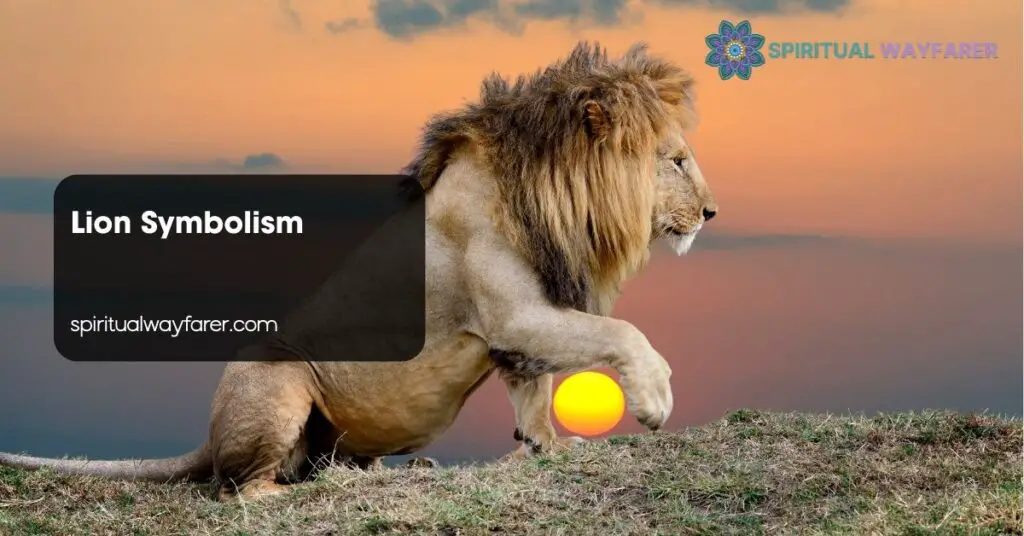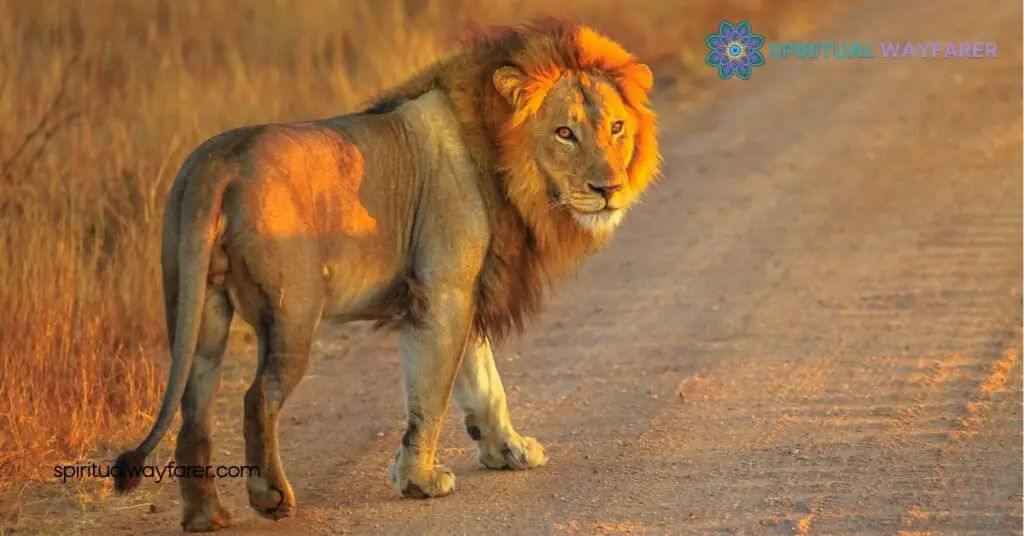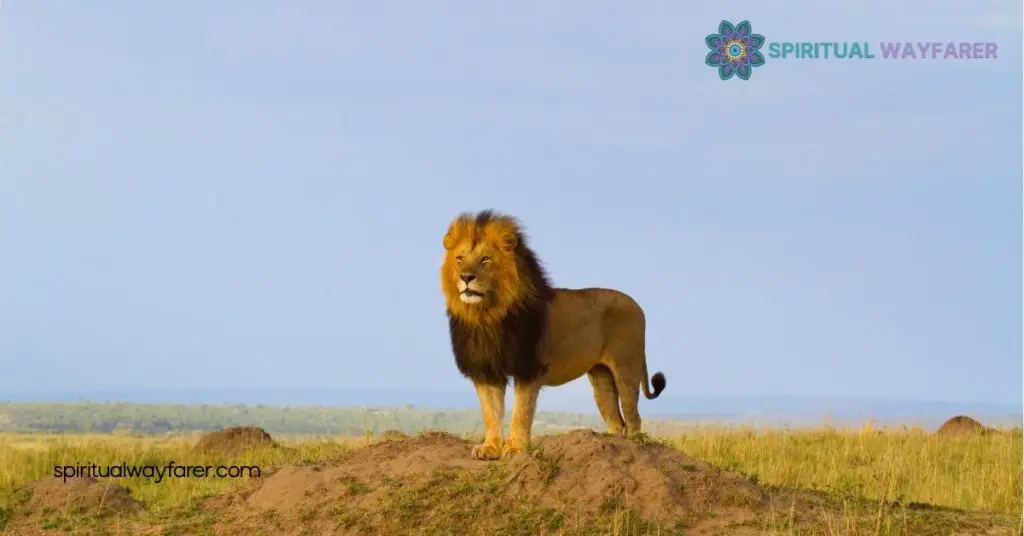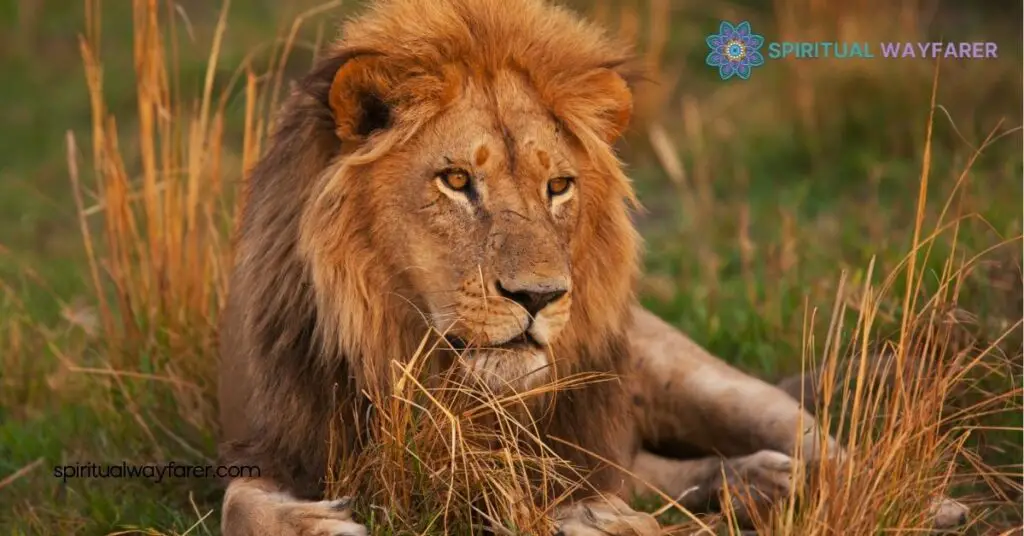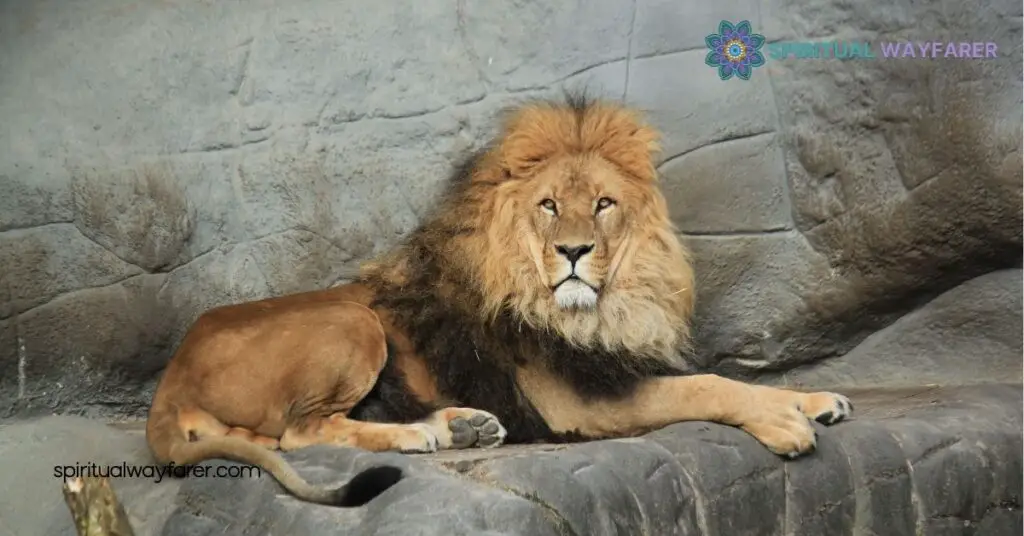Lions have long captivated our imaginations, symbolizing strength, courage, and majesty across cultures. We see their regal presence in art, literature, and even our daily lives, embodying the qualities we aspire to. Understanding lion symbolism unlocks deeper meanings and connects us to timeless values.
As we investigate into the powerful imagery of lions, we’ll uncover how these magnificent creatures inspire leadership, resilience, and protection. Join us on this journey to explore the rich tapestry of lion symbolism and discover how it resonates in our personal and collective stories.
Historical Significance
We recognize lions’ prominent roles throughout history, symbolizing power and authority. Their influence spans various epochs and societies.
Ancient Civilizations
Ancient Egypt portrays lions as symbols of royalty and protection, often guarding temples and tombs. Mesopotamian societies embraced lions as representations of strength and divine authority. The Indus Valley Civilization incorporated lion motifs in art, reflecting the animal’s esteemed status. In ancient China, lions symbolized protection and appeared in guardian statues at entrances.
Mythology and Legends
Lions feature prominently in myths and legends across cultures. Greek mythology introduces the Nemean lion, embodying strength and resilience, slain by Hercules. Hindu mythology depicts the goddess Durga riding a lion, signifying courage and power. African folklore portrays lions as kings of the jungle, representing leadership and nobility. These stories reinforce the lion’s role as a powerful symbol in various mythological frameworks.
Cultural Representations
We observe that lions prominently feature in various forms of art and literature, embodying their symbolic meanings across cultures.
Symbolism in Art
In African art, lions represent strength and leadership through sculptures and masks. European artists incorporate lions in heraldic designs, showcasing nobility and power. Asian art presents lions as protective figures, evident in traditional Chinese guardian lion statues. These artistic representations reinforce the lion’s status as a universal symbol of courage and authority.
Symbolism in Literature
Our exploration of literature shows that lion symbolism conveys themes of bravery and royalty. African folklore often features lion characters embodying leadership and protection. European literature depicts lions as noble and courageous figures in myths and legends. Asian literary traditions portray lions as wise and powerful protectors. These portrayals highlight the enduring significance of lions in storytelling and cultural narratives.
Modern Interpretations
In contemporary society, lion symbolism continues to thrive, adapting to various national and cultural contexts.
National Emblems
Lions prominently feature in national emblems, representing sovereignty and strength. For instance, the United Kingdom’s Royal Arms display two lions supporting a shield, symbolizing courage and authority. Similarly, Scotland’s Coat of Arms includes a single lion rampant, emphasizing bravery and resilience. These national symbols use the lion to convey power and unity, reinforcing the nation’s identity and heritage.
Popular Media
Lions maintain a important presence in popular media, embodying leadership and valor. Disney’s “The Lion King” showcases the lion as the rightful ruler, highlighting themes of responsibility and courage. Sports teams, such as the Detroit Lions in the NFL, adopt the lion to inspire competitiveness and team spirit. Also, many corporate logos incorporate lion imagery to project reliability and strength, making the lion a versatile symbol across various media platforms.
Psychological Interpretations
Carl Jung’s depth psychology offers a profound understanding of lion symbolism in our psyche. Primarily, the lion represents the ‘Shadow’ aspect of the self, encompassing unconscious traits that the ego overlooks. This ferocious and powerful imagery signifies the suppressed instinctual energies residing within us. When lions appear in dreams, they prompt us to recognize and integrate these hidden elements, leading to a more balanced personality.
Also, Jung associates the lion with the individuation process—the journey toward becoming a whole and integrated individual. Specifically, the green lion in alchemical symbolism embodies the descent of consciousness into the animal area. In this context, the lion must endure the fiery energies of instinct, facilitating the harmonization of our conscious and unconscious selves. This integration is essential for personal growth and achieving psychological completeness.
Conclusion
Embracing lion symbolism allows us to tap into timeless qualities of strength and courage. It connects us to rich cultural narratives and inspires us to lead with resilience and authority. By understanding the lion’s enduring presence in art, literature, and modern media we can harness its powerful imagery to enrich our personal and collective journeys. Let the lion’s majesty remind us of our potential to overcome challenges and protect what we value most.
Frequently Asked Questions
What do lions symbolize across various cultures?
Lions symbolize strength, courage, and majesty in many cultures. They represent leadership, resilience, and protection, embodying qualities admired universally. From ancient Egypt to African folklore, lions are revered as powerful and noble creatures, often associated with royalty and authority.
How are lions depicted in art and literature?
In art, lions appear in sculptures, masks, and heraldic designs, representing power and nobility. Literature portrays them as brave and royal figures, leaders, and protectors. These representations reinforce the lion’s status as a universal symbol of courage and authority across different cultural narratives.
What is the historical significance of lion symbolism?
Historically, lions have been symbols of power and authority. Ancient civilizations like Egypt, Mesopotamia, and China revered lions for their protective and royal qualities. They featured prominently in national emblems and royal coats of arms, signifying sovereignty and strength throughout various epochs and societies.
How is lion symbolism used in contemporary society?
Today, lions appear in national emblems, popular media, and corporate logos. They represent sovereignty, reliability, and strength in symbols like the UK’s Royal Arms and sports teams like the Detroit Lions. In media, movies like “The Lion King” showcase lions as leaders and valorous figures, maintaining their powerful symbolic presence.
What does lion symbolism represent in Carl Jung’s psychology?
According to Carl Jung, the lion symbolizes the ‘Shadow’ aspect of the self, encompassing unconscious traits. It represents suppressed instinctual energies, prompting recognition and integration for personal growth. The lion also relates to the individuation process, where it signifies the harmonization of the conscious and unconscious selves.
Why are lions important in mythology and legends?
Lions play key roles in many myths and legends, embodying strength, bravery, and leadership. In Greek, Hindu, and African folklore, lion characters often serve as protectors and noble figures. These stories highlight the lion’s enduring status as a symbol of courage and authority across diverse cultural traditions.
How do lions inspire leadership and resilience?
Lions are seen as natural leaders, commanding respect through their strength and courage. They inspire resilience by embodying the ability to overcome challenges and protect their prides. This symbolism encourages individuals and communities to adopt similar qualities of leadership and perseverance in their personal and collective lives.

